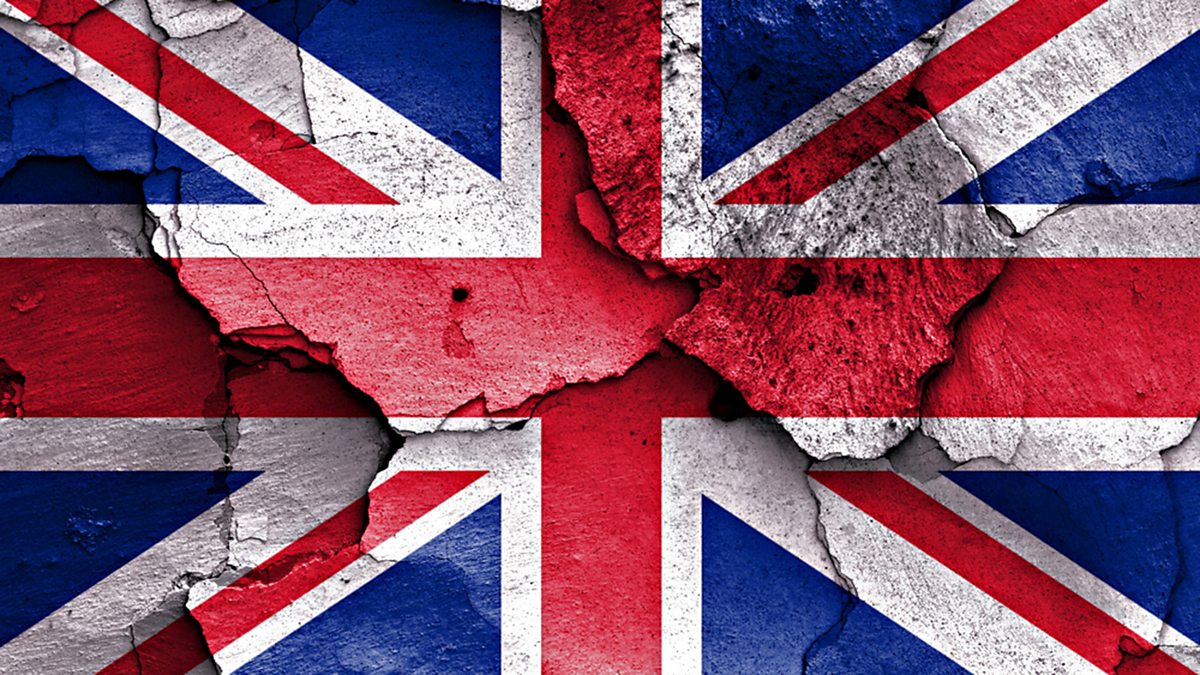Devolution has been a part of UK politics since Tony Blair introduced it back in 1999. The policy of devolution granted Scotland with its own National Parliament, and Wales with a less powerful National Assembly. Although it was not the first devolution seen in the UK, as the Northern Ireland Assembly in Stormont was founded a year earlier off the back of the Good Friday Agreement. At the time devolution was seen by many as a landmark achievement, allowing the Scottish, Welsh, and Northern Irish to finally have their voices heard on policies such as education, instead of being drowned out by the much more powerful and predominantly English Parliament in Westminster.
When Blair introduced devolution, it was hoped that it would douse the flames of nationalism and separatism. Now Prime Minister Boris Johnson has stated that Scottish devolution has been a ‘disaster’ and that devolution was ‘Tony Blair’s biggest mistake’.But has devolution really been a failure in Scotland or the UK as a whole? Or has it just not gone far enough?
To answer the first question, we must ask, what makes devolution a failure? Is it a failure due to a rise in nationalism and separatism? Or is it a failure due to a devolved institution performing poorly? If these constitute as failures, then has Scotland failed in either of these two areas?
When looking at the Scottish Parliament’s performance, there has been some successes of note. In 2005 Scotland was first in the UK to ban smoking in bars and in 2008 with the ban on the smacking of children. More recently a BBC Scotland poll suggested that the Scottish view Nicola Sturgeon (First Minister of Scotland) as having handled the Covid-19 pandemic better than Boris Johnson; with 74% of respondents supporting Nicola Sturgeon, while only 19% supporting Boris Johnson.
It can therefore be derived that Holyrood has functioned successfully. However, has it failed to Scottish nationalism and separatism, and instead encouraged it?
In 2014 Scotland held its first and only independence referendum to date. The referendum received a high turnout of 84.59%, and a solid majority of 55.3% for Scotland to remain part of the UK. This is not to say that the independence movement was small by any means, with 44.7% of the vote being for independence. This would appear a success for devolution, but there is an exception, as of November YouGov polls have pointed to a slight independence majority of 51%. It should be noted that this is a decrease as in August YouGov polled independence at 53%.
From this it could be argued as a failure, however this may be more due to the looming consequence of Brexit, rather than discontent from the Scottish over devolution.
However, a final question could be asked. Has devolution gone far enough?
The UK is currently a quasi-federal state, this means that the UK is unitary, meaning most of the power is with a central government (Westminster) but has taken steps through devolution towards becoming more like a federal state. Gordon Brown back in 2017 even suggested that the UK should become fully federal so that the grip of Westminster can be loosened on Scotland, without the need to go independent and sacrifice economic, defence, welfare, and foreign policy ties. In Gordon Brown’s eyes this would be a solution to Scotland being pulled out of the EU by England and Wales; in many ways almost a trade off.
In theory a federal UK could work quite well, like some of our federal allies such as the USA and Germany, the UK has a diverse population with clear cultural differences. Like how a New Yorker is very different from a Texan, or a Bavarian to a Saxony. The UK would benefit from the Scots, Welsh, and even smaller national groups such as Londoners or Northerners, being able to make decisions for themselves.
As the UK has learned in recent years with events such as Brexit, the UK is a divided nation with a large variety of cultures and opinions, furthering devolution by committing the UK to becoming federal, would help dampen nationalist and separatist views, by returning power to the people.
Cameron Thomas
Image source: BBC News

